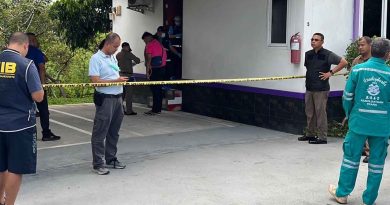Cambodian PM ditches Facebook for Telegram
Facebook investigating Hun Sen for violating standards by threatening to beat up critics

PHNOM PENH: Cambodian Prime Minister Hun Sen has stopped using Facebook to communicate with the public in favour of Telegram, switching to what he called a “better” application amid an ongoing case over whether he violated the rules of the world’s biggest social media platform.
The self-styled strongman, who has led Cambodia for nearly four decades, has been accused by human rights groups of using Facebook to intimidate political opponents and discourage criticism of his government, which his administration denies.
The independent oversight board of Meta, the parent company of Facebook, took up a case in March centred on allegations that Hun Sen violated Meta’s community standards on violence and incitement.
Hun Sen has a following of 14 million on Facebook, a figure close to the size of Cambodia’s population. His new Telegram channel already has more than 850,000 followers, the Khmer Times quoted him as saying.
“It is better compared to Facebook,” he said of Telegram in a post on Wednesday.
“So from now on I will publish information including live streaming only on the Telegram channel.”
Hun Sen said he would still use Instagram, which is owned by Meta, as well as Google-owned YouTube. He is also creating a TikTok profile.
The Meta case came after several users reported a January video in which Hun Sen said those who accused his Cambodian People’s Party (CPP) of buying votes in a 2022 local election should file a legal case, or face a beating from CPP supporters.
Hun Sen has made no comment on the Meta case. Government spokesperson Phay Siphan on Thursday denied knowledge of the case and said the switch to Telegram was made because it was easier to use and could reach more people.
It comes as the country prepares for an election next month in which Hun Sen’s ruling CPP faces virtually no opposition, with its main rival dissolved in 2017 over an alleged coup attempt and scores of its members given jail terms or fleeing into exile.
A party formed by its remnants was last month disqualified from running over a paperwork discrepancy, prompting condemnation from activists, who say Hun Sen has systematically weakened independent institutions and has used them to crush his opponents and preserve CPP’s political monopoly.
The CPP government has denied that and says its opponents have broken the law.
Source – Bangkok News




